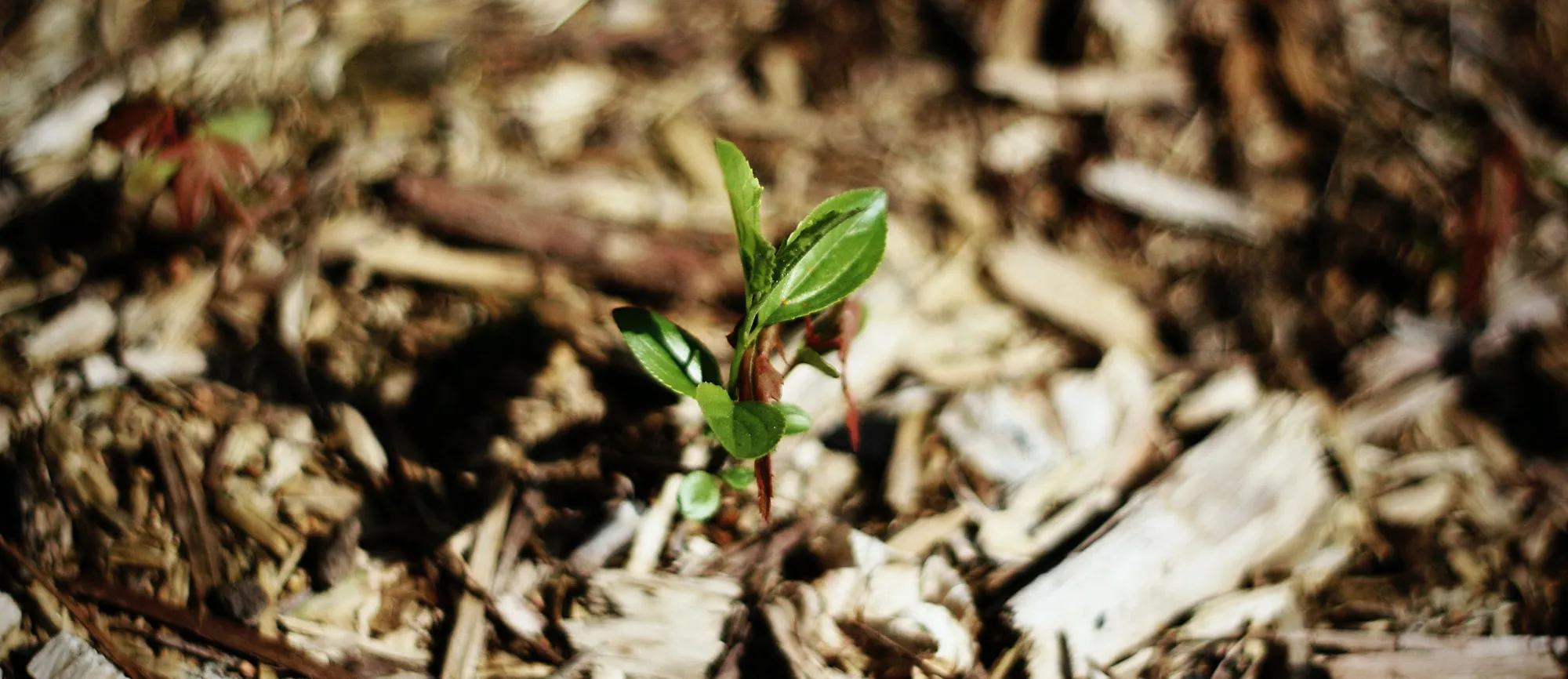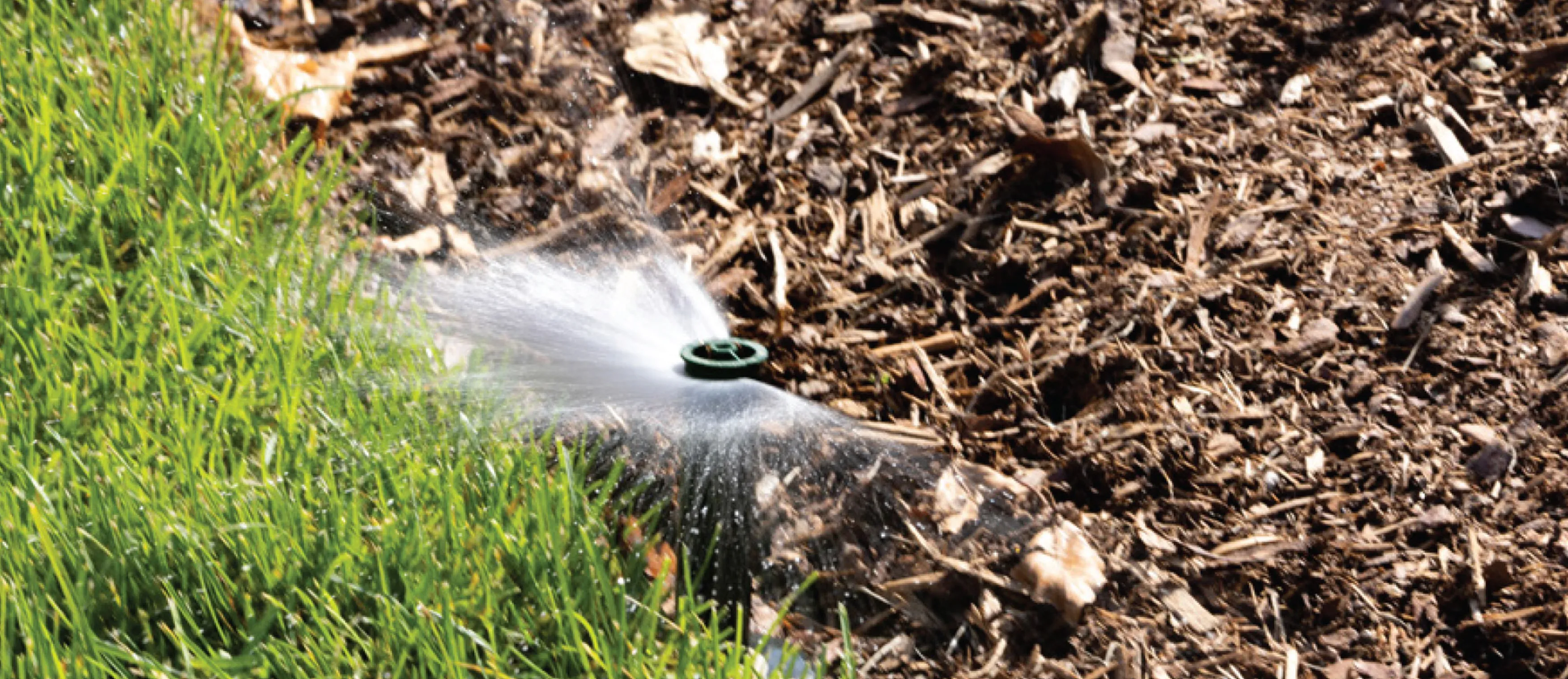Mulch helps to retain moisture in the soil by shielding the soil from the sun and so preventing evaporation. It also reduces water run-off during rain or watering. This reduces the amount of water needed.

Protects plants from mud-splash during watering or rain. It also protects plants from frost damage by acting as a protective ‘blanket.’
Mulch adds organic matter to your soil. This helps make your garden healthier and more resistant to pests and disease.
Provides valuable slow-release nutrients and prevents vitamin loss in plants. (Saves money on fertilizers).
Provides a natural barrier to stop weeds from growing and competing with plants for nutrients.
Increases biological activity in your soil, by providing beneficial micro-organisms and earthworms with food.
Improves soil conditions. Helps to bind sandy soils and open up clay soils.
Saves you time and energy cultivating the soil.
Stops nutrients from leaching out of the soil. Keeping your gardens as healthy as possible.
Provides support around plants especially young seedlings.
Improves the visual appearance of your garden.


Ideally you want about 4” of mulch on new flower beds. For beds that have been mulched in the past, an annual 2” top-up is always a great idea.
Mulch is an organic material that breaks down over time, slowly releasing nutrients into your soil for plants. As such, eventually, weeds can also grow in it, fabric or no fabric.
Please fill out our form with your contact information and a brief description of your issue. One of our sales representatives will get back to you shortly.
CONTACT US